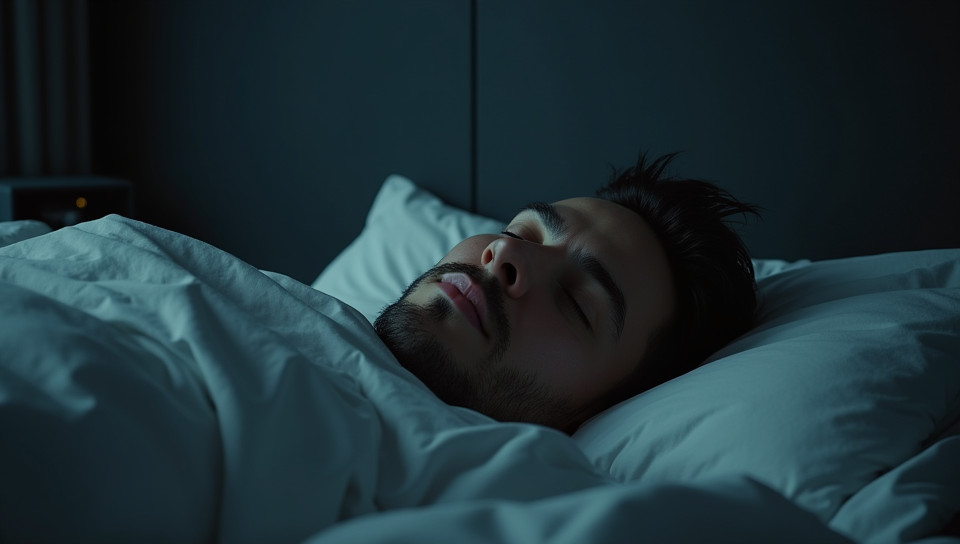Sleep is necessary for survival 100%

The Silent Guardian of Our Health
As we go about our daily lives, it's easy to overlook one of the most essential aspects of our well-being: sleep. We often prioritize work, social obligations, and other activities over getting a good night's rest, but this can have severe consequences for our physical and mental health. In fact, sleep is so crucial that it's been referred to as the "silent guardian" of our overall health.
The Importance of Sleep
Sleep plays a vital role in our bodies' ability to repair and rejuvenate themselves. During sleep, our brains process and consolidate memories, while our bodies repair damaged cells and tissues. This process helps to strengthen our immune systems, reducing the risk of illnesses like the common cold and flu.
How Sleep Affects Our Mental Health
Sleep deprivation can have a significant impact on our mental health. It can lead to increased stress levels, anxiety, and depression. When we don't get enough sleep, it's harder for us to regulate our emotions, making it more challenging to manage stress and other negative emotions.
- Lack of sleep can impair cognitive function, affecting attention, concentration, and decision-making abilities.
- Sleep deprivation can lead to irritability, mood swings, and decreased motivation.
- Chronic sleep loss is linked to an increased risk of developing mental health disorders, such as depression and anxiety disorders.
The Consequences of Poor Sleep Habits
Poor sleep habits can have severe consequences for our overall health. Some of the most significant risks associated with chronic sleep deprivation include:
- Cardiovascular disease
- Obesity and weight gain
- Type 2 diabetes
- Weakened immune system
Taking Control of Our Sleep
While it's easy to get caught up in the demands of modern life, prioritizing sleep is essential for maintaining our physical and mental health. Here are a few tips to help you establish healthy sleep habits:
- Establish a consistent sleep schedule
- Create a relaxing bedtime routine
- Avoid screens and electronic devices before bed
- Make your sleeping environment comfortable and quiet
Conclusion
In conclusion, sleep is not just a luxury; it's a necessity for our survival. By prioritizing sleep and establishing healthy sleep habits, we can significantly improve our overall health and well-being. Don't underestimate the importance of sleep – make it a priority today to reap the rewards tomorrow.
- Created by: Alicja Jankowski
- Created at: Feb. 17, 2025, 7:43 a.m.
- ID: 20324







